February 14, 2019
Digital transformation requires more than just new technology
 Digital transformation has been a priority for businesses for many years, primarily to benefit from the opportunities presented by a mix of digital technologies and their impact across all aspects of society. Customer-facing functions such as sales, marketing and procurement, in their quest for new revenue sources and information-powered ecosystems of value, have led the way on digital transformation, while HR has historically taken a back seat. But in order for the entire organisation undergoing transformation to work together holistically, HR needs to take the lead and embed a digital DNA within the organisation.
Digital transformation has been a priority for businesses for many years, primarily to benefit from the opportunities presented by a mix of digital technologies and their impact across all aspects of society. Customer-facing functions such as sales, marketing and procurement, in their quest for new revenue sources and information-powered ecosystems of value, have led the way on digital transformation, while HR has historically taken a back seat. But in order for the entire organisation undergoing transformation to work together holistically, HR needs to take the lead and embed a digital DNA within the organisation.








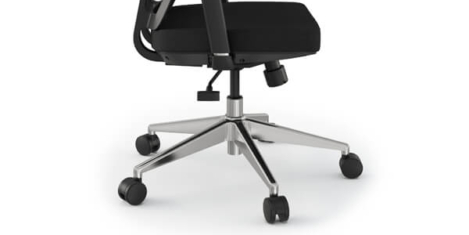
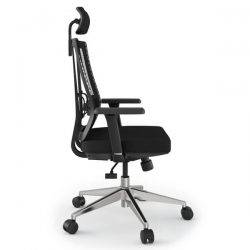
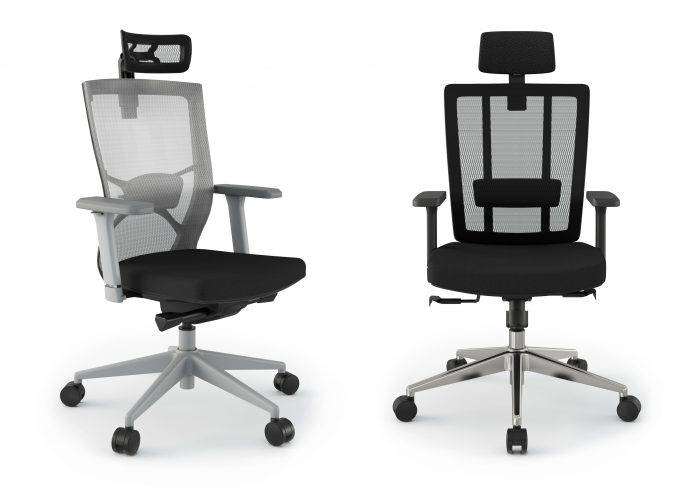
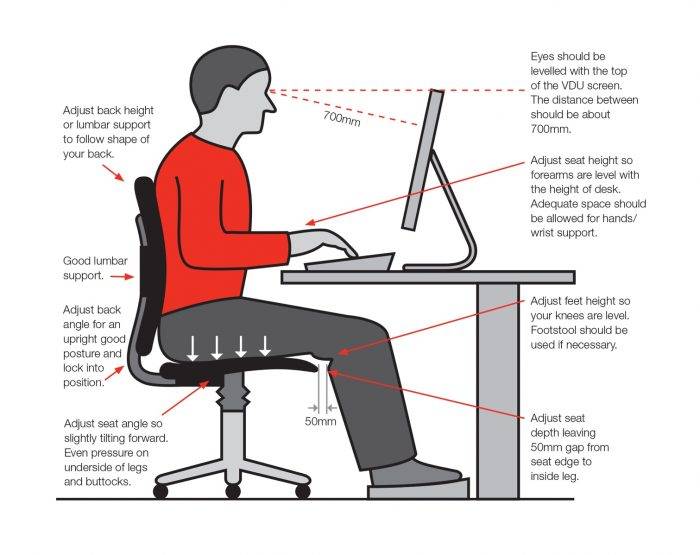








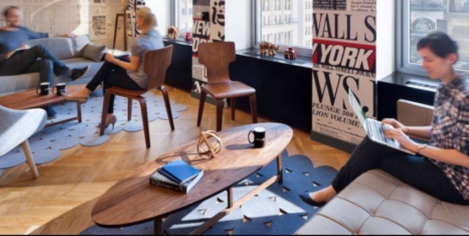
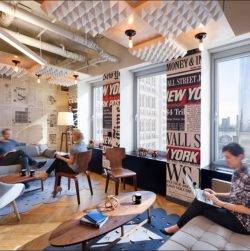


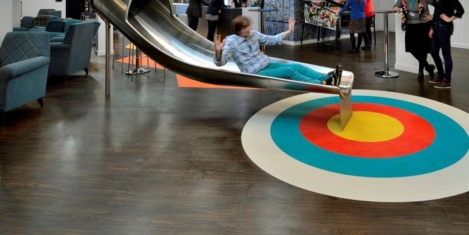
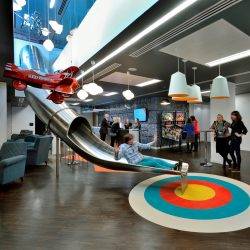











February 20, 2019
It is time for organisations to embrace the digital workplace
by Christian Brøndum • AI, Comment, Facilities management, Flexible working, Technology, Workplace
(more…)